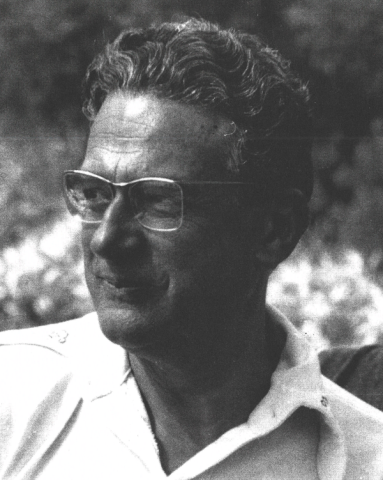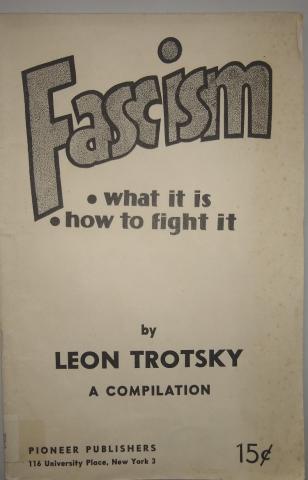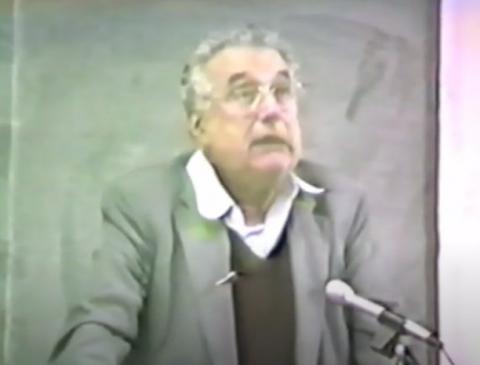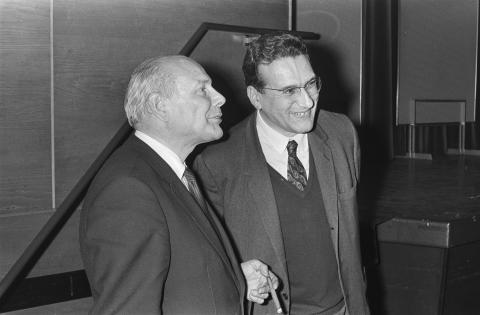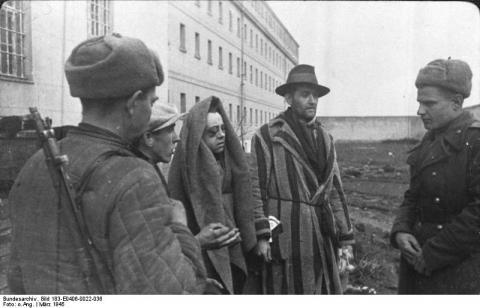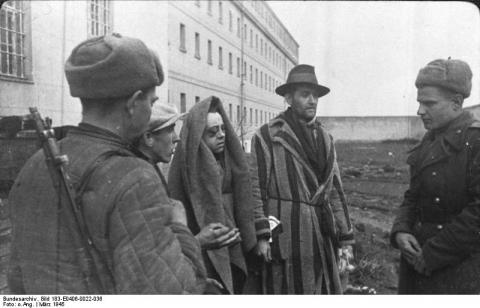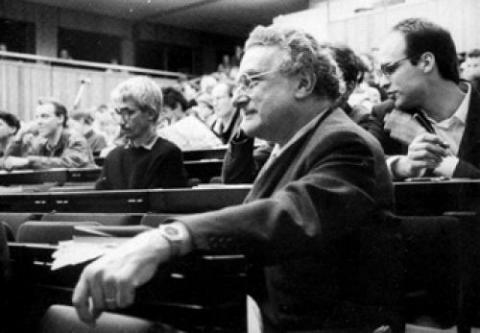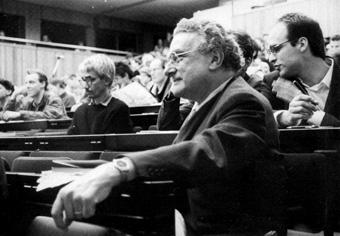Mandel
Ernest Mandel (1968): Trotsky’s theory of fascism
3 May 2022The history of fascism is at the same time the history of the theory of fascism.i For no other new social phenomenon of modern times is the simultaneity of its appearance and the attempt at understanding it as striking as for fascism.
1989: Ernest Mandel On the Lessons of 1968
7 June 2021In this lecture Mandel discusses the character of the 1968 upsurge, its strengths and weaknesses, the political surrender of many former radicals and the gains of the movement. This lecture was given at an event organized by the US socialist organisation Solidarity
Debat Ernest Mandel en Joop den Uyl: Arbeidersraad of parlement?
24 May 2021In 1970 gingen Ernest Mandel en Joop den Uyl, toen fractievoorzitter van de PvdA, in debat met elkaar over socialistische strategie. Een opname van dit debat is nu beschikbaar.
1953: Ernest Mandel - Letter to Jean-Paul Sartre. A Reply to 'The Communists and Peace'
3 February 2021Publishing Ernest Mandel's selected writings
11 November 2020This year marks 25 years since Ernest Mandel died. Mandel (5 April 1923 – 20 July 1995) was one of the most significant Marxist economists of the second half of the twentieth century. To make his thinking accessible to a new generation, IIRE Amsterdam is working on several new volumes of essays by Mandel.
1991: Ernest Mandel - Los orígenes del Nacional Socialismo. Singularidad y repetibilidad de los crímenes nazis.
26 October 20201991: Ernest Mandel - The origins of National Socialism. Singularity and repeatability of the Nazi crimes.
23 October 20201987: Ernest Mandel - Sobre el potencial de la historia
15 September 2020Un extracto de "La dialéctica de las fuerzas productivas, el comportamiento de la producción y la lucha de clases junto con las categorías de latencia y determinismo paramétrico en la concepción materialista de la historia".
1987: Ernest Mandel - On the potential of history
14 September 2020An excerpt from ‘The dialectic of productive forces, production behaviour and class struggle alongside categories of latency and parametric determinism in the materialist conception of history’.

